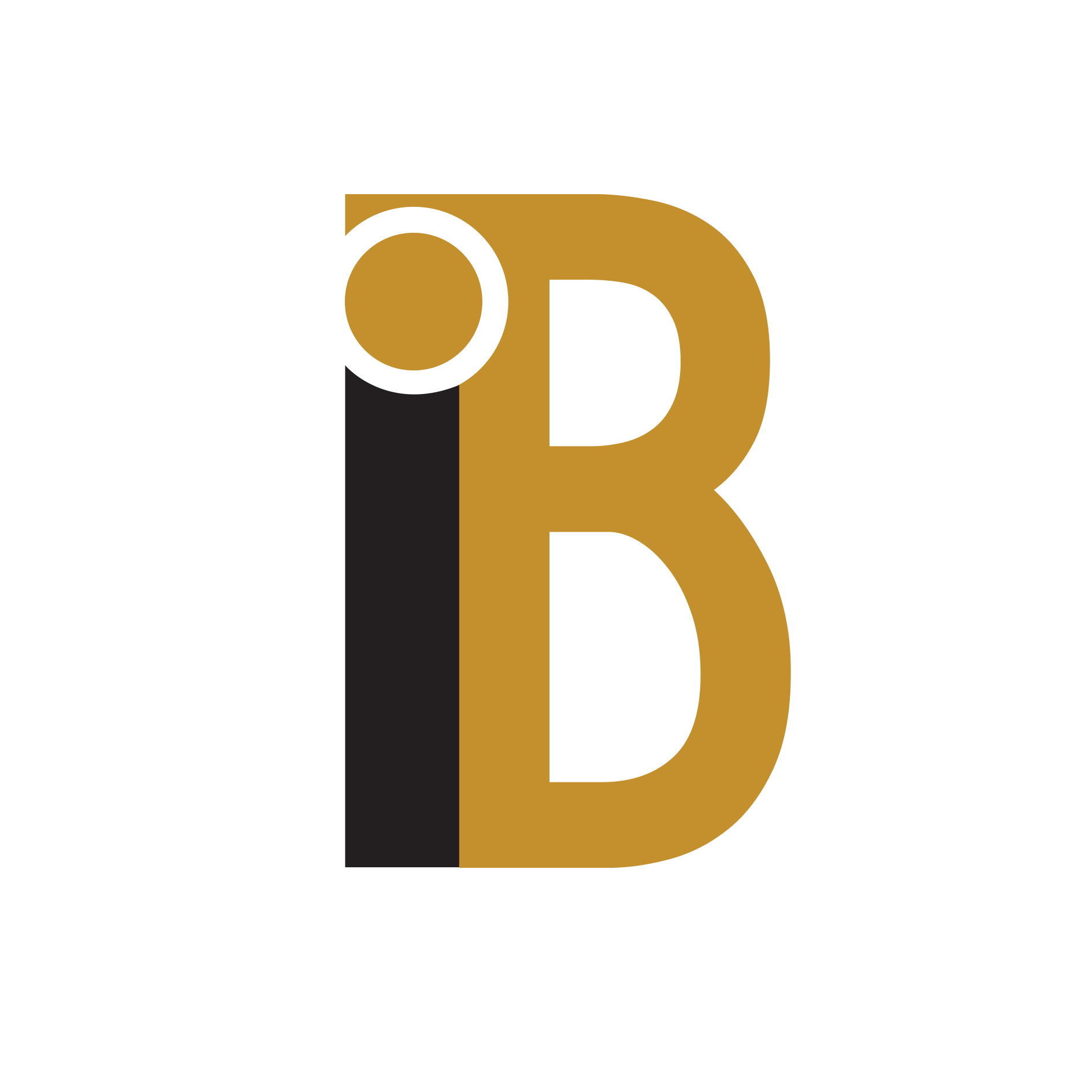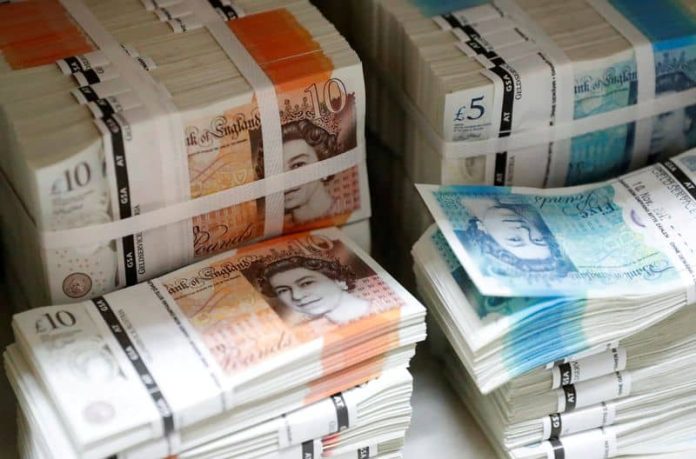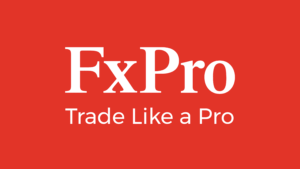By Amanda Cooper and Dhara Ranasinghe
LONDON (Reuters) -Evidence that Britain’s red-hot inflation is finally cooling has knocked the wind out of sterling, which had been riding high as this year’s best-performing currency in the Group of Seven (G7) developed economies just a day ago.
The pound was headed for its biggest-one day fall against the dollar since March on Wednesday, mirroring the drop in British government bond yields – which plunged as prices surged – while London blue-chip stocks roared higher, led by interest-rate sensitive shares in homebuilders and landlords.
Perhaps sterling’s tumble is no surprise, given that positioning data suggests speculators hold their most valuable bullish bet on sterling since 2014.
Yet after data on Wednesday showed inflation slowed to 7.9% in June, below forecasts for a reading of 8.2% and down from May’s 8.7% rate, more traders may now be inclined to book profits.
The prospect of a sustained rise in the Bank of England (BoE) base rate to above 6% is now almost completely off the table, and with it some of sterling’s shine.
“There is likely to be a further repricing of expectations, in our view,” said ABN AMRO (AS:ABNd) senior currency strategist Georgette Boele. “This will probably weigh on sterling this year, especially versus the dollar.”
ABN AMRO forecasts sterling to weaken to $1.25 by year-end from around $1.29 currently.
Investors have widely perceived the BoE as being behind the curve in the fight against inflation and have consistently banked on UK rates to keep climbing, even after those elsewhere, such as the United States, start to plateau.
But even with a peak in rates at between 5.75-6.0%, as markets now reflect, Britain would still offer juicier returns than the United States, where rates are expected to rise to around 5.4% from roughly 5.125% currently.
“The work is not done yet for the Bank of England. As both wage growth and services CPI inflation remain stronger than the Bank forecasted in May, and signs of a turning point in inflation are only tentative for now, interest rates will be raised further,” BNY Mellon (NYSE:BK) Investment Management financial economist Sebastian Vismara said.
The UK still has the highest inflation of the G7. In the United States, headline consumer price pressures are running at just 3%, while euro zone inflation is at 5%.
Energy prices have fallen sharply, which has offered consumers and businesses some respite and another drop is due in July, when regulated household energy tariffs will fall. But mortgage rates are rising fast and grocery inflation is still in double digits – adding to a cost-of-living crisis for British households.
TOP SPOT GONE
Sterling is still up nearly 7% against the dollar this year and until Wednesday’s data, had outperformed all other major currencies. But after the pound’s post-inflation drop, the Swiss franc – up nearly 8% versus the dollar – now takes the top spot.
The pound tumbled 1% to as low as $1.2898 on Wednesday, marking its largest one-day fall since the banking turmoil of mid-March. Two-year gilt yields, meanwhile, fell by around a quarter of a percentage point on the day – also the most since March – to one-month lows around 4.84%.
Growing interest-rate differentials have been a big catalyst for the pound. The gap between U.S. and British 10-year borrowing costs was at its widest since early 2009 to a premium of 65 basis points just a week ago.
“Looking to the currency, these overshoots and economic signals have been a core driver of FX markets over the past 6 months,” said Joseph Calnan, a corporate FX dealing manager at Moneycorp.
“Once inflation eases off, if the drop is sharp enough, we will likely see the pound falling with it – so we need to be prepared for that, too.”



















